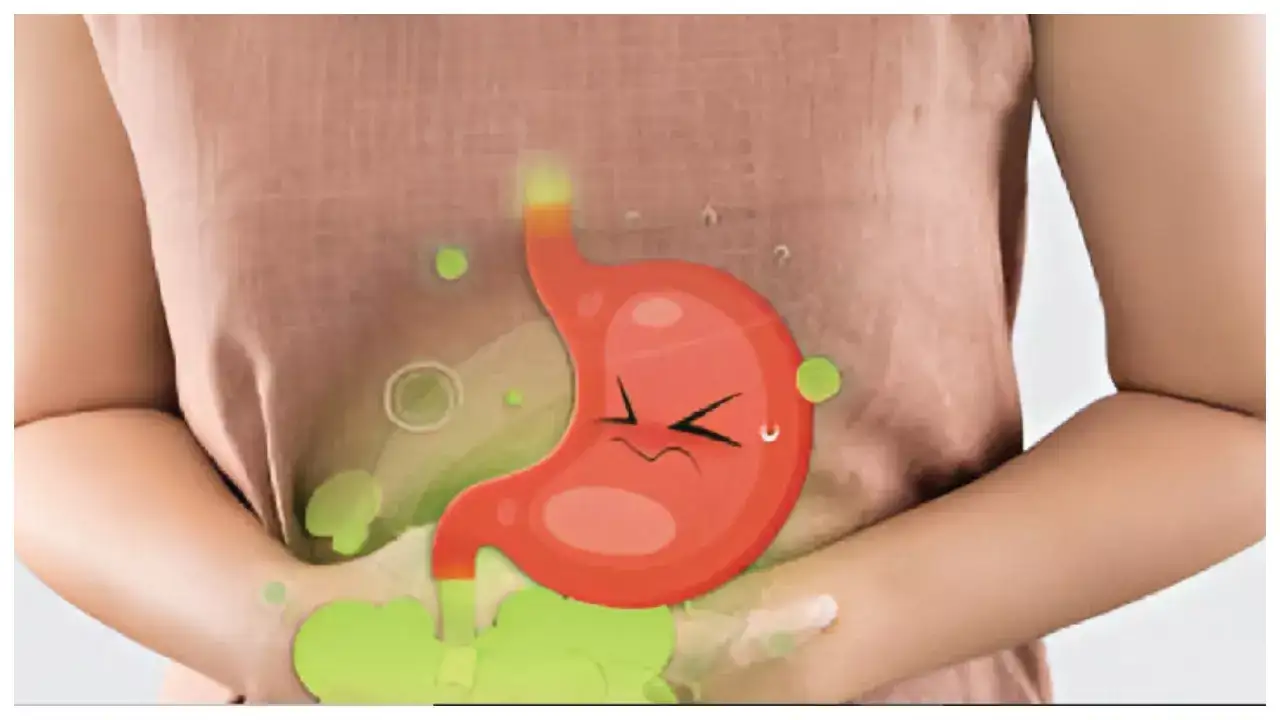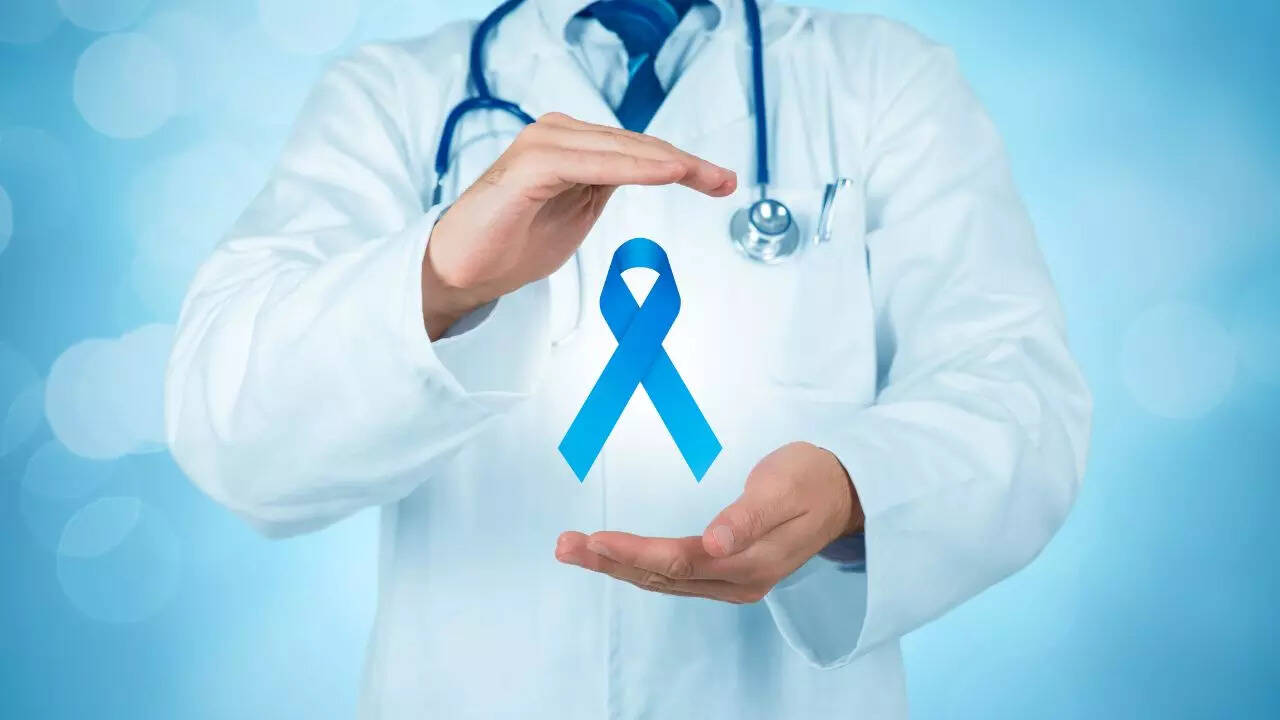
Venus Williams is used to fighting battles on the tennis court. But in a recent revelation, the seven-time Grand Slam champion shared a very different kind of struggle—one that didn’t involve rackets or rivals, but doctors and misdiagnosed pain.
For years, Williams says, her complaints about fibroid-related symptoms were brushed off by the very people she turned to for help.“It just got too bad, and I couldn’t handle it,” she said in an exclusive TODAY interview.And her story isn’t just powerful—it’s painfully familiar for many women, especially Black women, navigating the healthcare system while battling conditions like uterine fibroids.
“They told me it was normal”
In an interview that sparked important conversations across social media and health circles, Venus opened up about how she struggled for years with bloating, pain, and fatigue, only to be told over and over again that it was “normal.”
For a while, she even believed it. After all, she was a professional athlete used to pushing through discomfort.But as the symptoms worsened and began interfering with her everyday life—and her game—it became clear something wasn’t right. The problem? Doctors still weren’t listening.Eventually, she was diagnosed with uterine fibroids, a condition that affects an estimated 70% of women by the age of 50, yet remains widely misunderstood and, too often, underdiagnosed.
What are fibroids?
Fibroids are non-cancerous growths that develop in or around the uterus. They can be as small as a grape or as large as a melon, and while some women may not experience any symptoms at all, others—like Venus—can suffer from:
- Heavy periods
- Pelvic pain
- Bloating
- Frequent urination
- Fatigue
- Pain during sex
Despite how common they are, fibroids are frequently dismissed, especially when the person reporting them is young, not planning a pregnancy, or simply told to “tough it out.”
Why fibroids fly under the radar
One reason fibroids go unnoticed or untreated is that their symptoms overlap with what many people—including doctors—consider “normal” period experiences. A little cramping? Everyone gets that. Bloating? Must be your cycle. Heavy bleeding? That’s just hormones, right?Wrong.While some discomfort can be normal during menstruation, pain that disrupts your life isn’t. Neither is bleeding so heavy it soaks through pads or tampons in under an hour, or bloating that makes you look six months pregnant. “As bad as things were for me, crazy amounts of bleeding like you couldn’t imagine … my doctors told me it was normal,” she said. “I never realized (anything) was wrong.”Venus’s experience highlights the normalization of suffering that many women endure, often chalked up to just being a woman.Venus's story is a reminder that we need better conversations around period health, reproductive issues, and pain—especially in medical spaces. Too many women are told that their pain is "in their head" or "just part of being female," which not only delays proper treatment but causes deep emotional frustration and mistrust in healthcare.
What you can do if you suspect fibroids
If you’re reading this and wondering whether your symptoms might be more than “just a bad period,” here’s what to know:Track your symptoms.
Write down how often you’re experiencing pain, bloating, or heavy bleeding.Don’t be afraid to get a second opinion. If your doctor brushes you off, it’s okay to seek someone who takes your concerns seriously.Ask for an ultrasound. It’s often the first tool used to detect fibroids.Learn about treatment options. These can include hormonal therapies, minimally invasive procedures like uterine fibroid embolization, and, in some cases, surgery.

 6 hours ago
51
6 hours ago
51




























 English (US)
English (US)